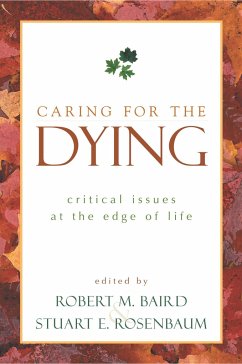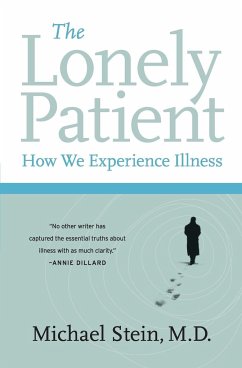Since 1997, when Oregon enacted a law permitting physician-assisted suicide, the public debate over end-of-life issues has turned in a new direction. A major response to this law has been increased attention to providing support for the dying in ways that lessen the felt need for assisted suicide. The result has been renewed emphasis on hospice, palliative care, and the spiritual needs of the dying, as well as on advanced directives to settle legal matters. These are the four critical issues addressed by leading experts in this outstanding collection of recent articles on this controversial topic. The essays in section one clarify the role of hospice in providing care for the dying and debunk some commonly believed myths about hospice. Section two focuses on palliative care, considering when and to what extent suffering should be alleviated, and the use of drugs in palliative intervention. The articles in section three, on the spiritual needs of the dying, stress that caregivers must remain sensitive to the diverse traditions in which spiritual needs are rooted. The concluding section addresses, among other things, the importance of the advance directive and durable power of attorney, and litigation to remove restrictions that might impede physicians from prescribing adequate pain-management drugs. An underlying theme of all the contributions is that end-of-life needs vary for each individual. Awareness of this fact is crucial both for the dying and for their caregivers. The essays in this collection will help readers recognize and prepare for difficult end-of-life decisions.
Hinweis: Dieser Artikel kann nur an eine deutsche Lieferadresse ausgeliefert werden.
Hinweis: Dieser Artikel kann nur an eine deutsche Lieferadresse ausgeliefert werden.








